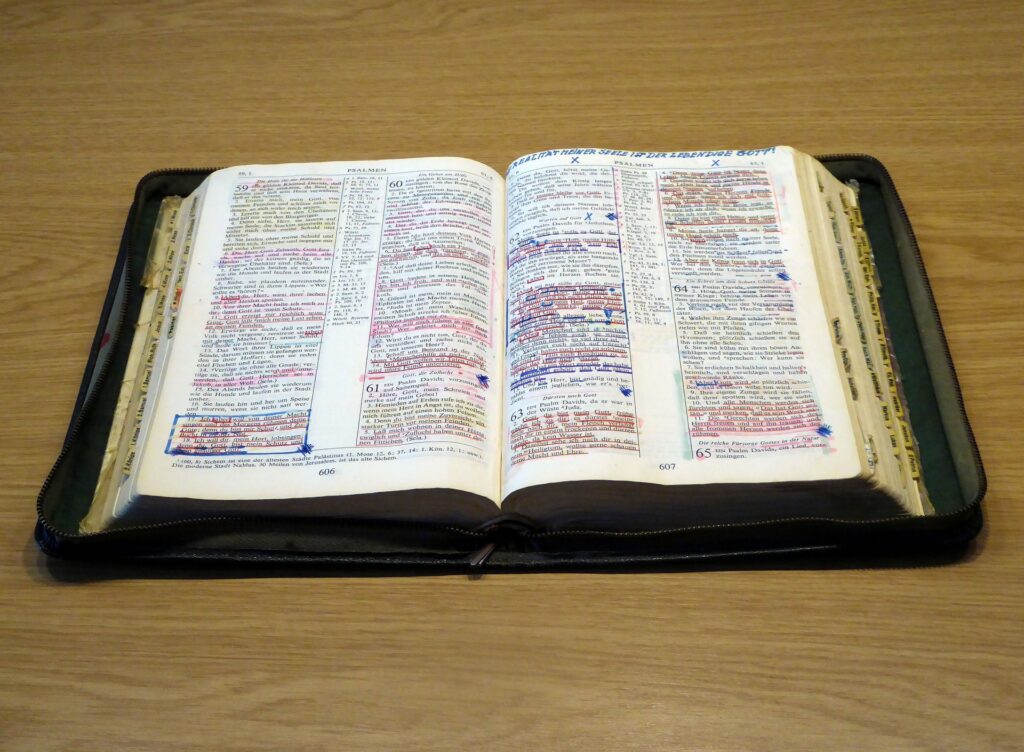
Honoring True Widows (1 Timothy 5:3-8)
Paul wrote two paragraphs about caring for widows. The early disciples were concerned about caring for widows. Food was being distributed daily to widows (Acts 6:1). “Religion that is pure and undefiled before God, the Father, is this: to visit orphans and widows in their affliction” (James 1:27).
In these two paragraphs, I believe that Paul spoke of two classes of widows:
- He spoke about those who were truly widow and needed financial support from the church (vv 3-8).
- He spoke about widows who would minister to widows in need (vv 9-16).
- The qualification of these widows points to the fact that they were a special class of servants.
- Paul also spoke about the need for women who wanted to serve other widows to care first for their own relatives.
The church needed to honor widows who were true widows. Why does the church need to honor widows? Who are truly widows?
Why should a widow depend upon her children and grandchildren before she depends upon the church? In what way(s) is taking care of one’s parents/grandparents showing “godliness?” Why does making some return to your parents please God?
The widow who has been left all alone sets her hope on God and continues in supplications and prayers night and day. Why should the widow left without family in this world set her hope on God? Why should she continue in supplications and prayers?
Why is the one who is self-indulgent dead even while she lives?
If Timothy did not command these things well, why would the people have reproach?
The one who does not provide for his relatives—especially his own house—has denied the faith and is worse than an unbeliever. How has the one who refuses to care for his own denied the faith? Why is he worse than an unbeliever?





